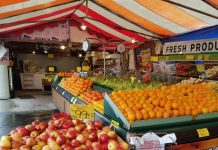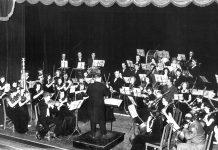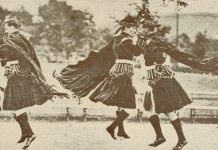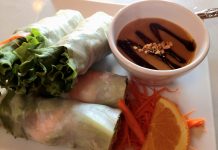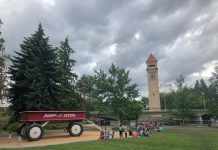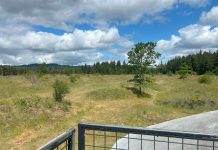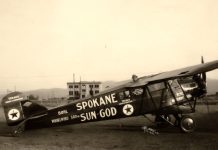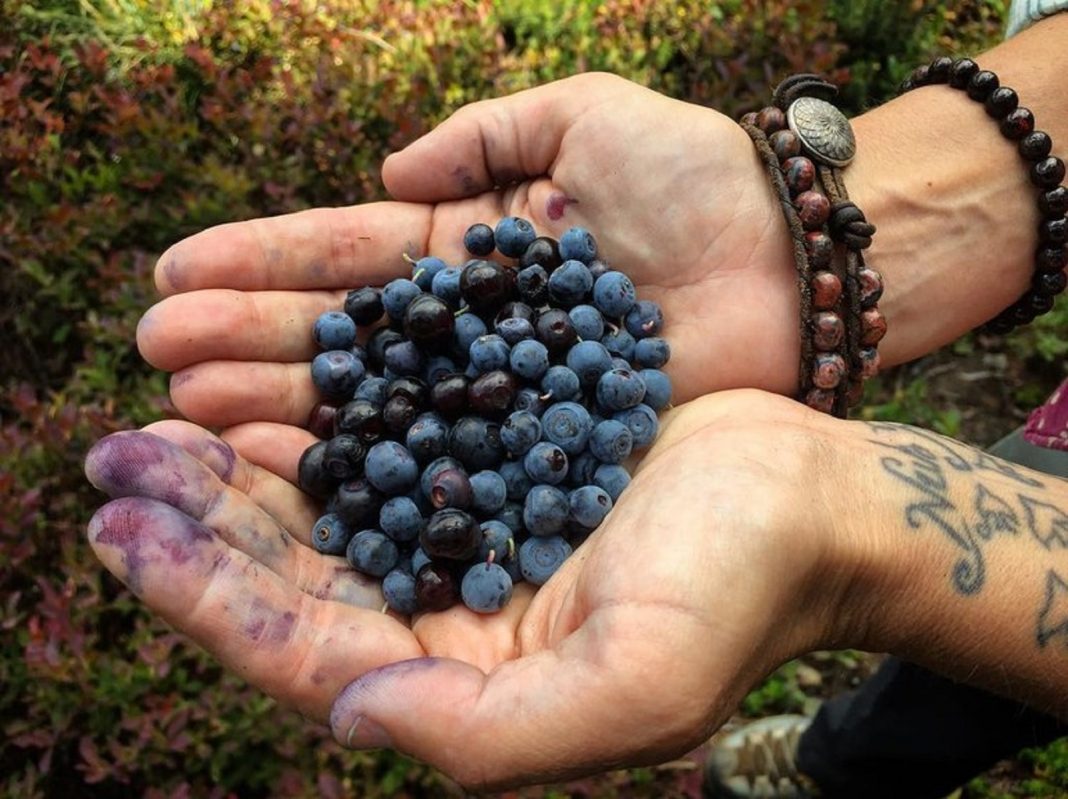Georgia has its peaches, Wisconsin has its cheese, Florida has its oranges, and even though Washington may have the apple as its main staple, there’s still one piece of produce that’s just as important around these parts — the huckleberry. And even though it’s not the state fruit of Washington, it is the state fruit for Idaho to give a good indication of how important it is in the Northwest. These little berries have a special spot in Northwest history, resulting in some tasty treats along the way. Huckleberries are equally important to Spokane culture as many shops in the area are dedicated to the dainty berries.
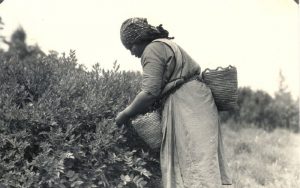
Huckleberries have been growing wild in the upper mountains of the Northwest for thousands of years. They prefer elevations between 4,000 to 6,000 feet and are most often found in Idaho, Utah, Oregon, Montana and Washington.
The huckleberry gets its name from a simple mistake American colonists made when they first encountered the berry. They had misidentified it as a European blueberry known as the “hurtleberry.” They called it this until about 1670, when the name eventually was corrupted to become known as the ‘huckleberry.”
As time went on, the term “huckleberry” came to mean somebody inconsequential. That is why famous actor Mark Twain borrowed aspects of this meaning to name the famous Huckleberry Finn. In an interview in 1895, Twain said he used the name to show that Huck Finn was a boy “of lower extraction or degree” than that of Tom Sawyer.
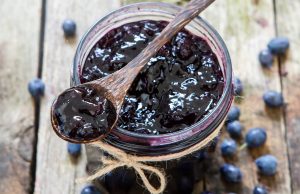
The use of the huckleberry has remained the same over the years. Traditionally it was collected by Native Americans and used as food or in medicine. Tribes like the Tulalip ate huckleberries in ceremonies, brewed tea from the leaves and used the juice to dye their clothes. Typically, the women and children picked them and would return to camp with baskets full. Some of them would be left out in the sun to dry so they could be used as sustenance for the winter.
The early white settlers started to preserve huckleberries through canning, which then transformed their harvesting into a bigger commercial industry. During the Great Depression, a number of unemployed people joined together to create large camps for pickers thanks to the decent price they knew they could get for them. They raked and picked alongside the Native tribes in the area, giving them a chance to grow and learn from one another. Eventually, the quickly created industry saw an even quicker decline after World War II, thanks to the development of processed foods.
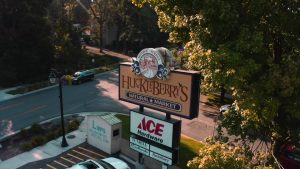
Still, huckleberries remain as prominent as ever and have woven themselves into our area’s social fabric and culture. It’s been used in everything from alcoholic to non-alcoholic beverages, jams, pudding, candy, pie, ice cream, muffins, pancakes, salad dressings, syrup and even soup. Most groceries stores in our community have a special section dedicated just to the flavors of the huckleberry. Of course, for all things huckleberry, Huckleberry’s Natural Market is just around the corner to cater to all huckleberry needs.
Huckleberry picking has also become its own recreational hobby in our community as well as others. It is said the types of pickers can be divided into four different groups — full-time commercial, Native harvesters, recreational or household gathers and those supplementing their income. No matter what group a person falls into, though, it’s still going to be hard work harvesting the delicious berries. Finding the berries is almost like going on a scavenger hunt in the woods to discover their tasty goodness. Though the domestication of them has been a goal of researchers, like at Washington State University, for years, it has never been achieved. They are notoriously fickle plants, and even those who had attempted to cultivate their own have had little success, with the seeds seldom producing fruit.
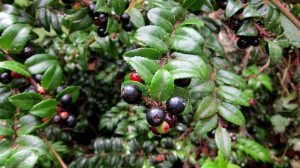
This translates into, like it or not, you must forage for these berries. Lucky for residents of Spokane, there are plenty of places to do just that. Mt. Spokane State Park and Priest Lake have some great picking spots for this berry treasure hunt.
Yes, the huckleberry has a long history here in the Northwest. Native Americans originally honored the berries, early white settlers came to rely on them and the unemployed used them to get back on their feet during the Great Depression. They’ve grown with that time, too, initially being used in food and medicine, and these days going beyond that scope to be used in candles and shampoos. The huckleberry has created quite a booming market for itself not only in Spokane but other areas near us as well and will continue to be a part of our culture.


